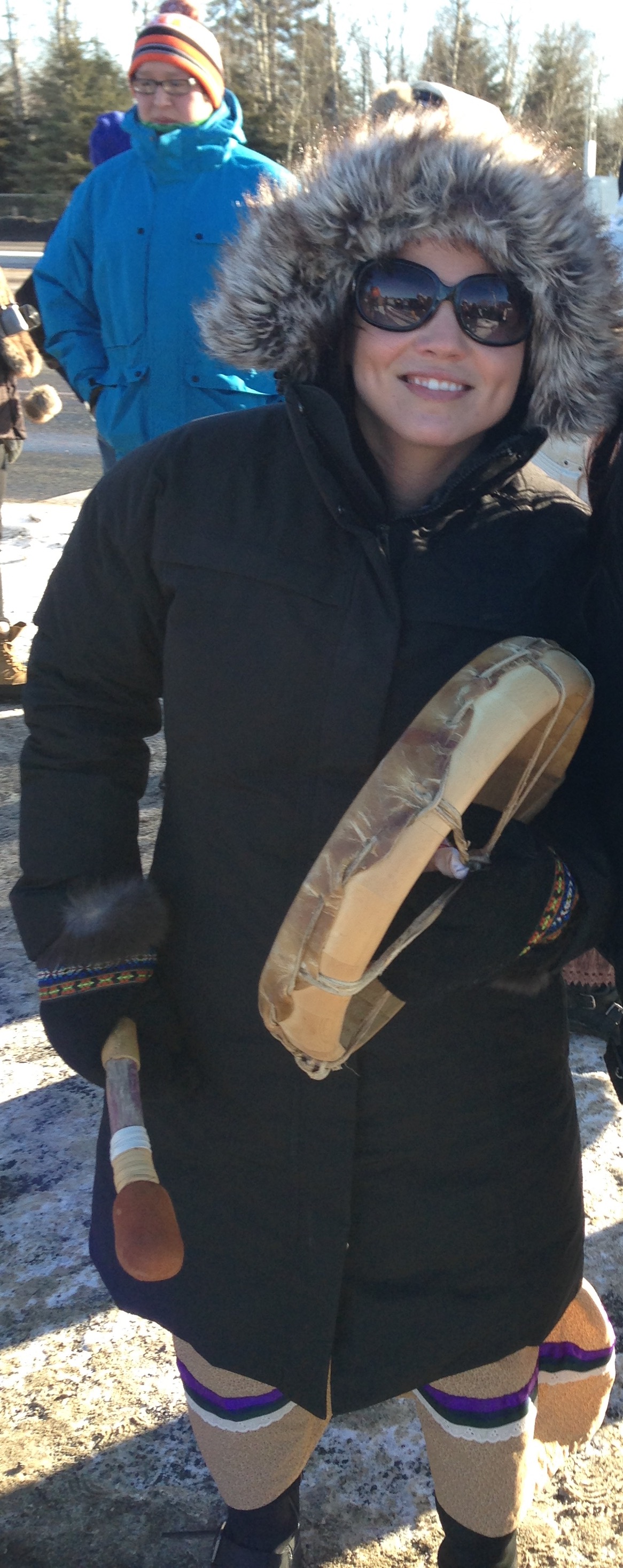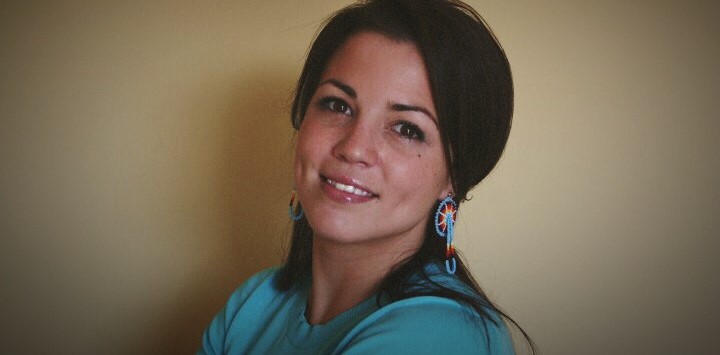“Take only what you need, and replace what you have taken”. These are the words I often heard growing up. Whether we were hunting, harvesting, fishing, or picking berries, it was no foreign teaching to me that when I took something from Mother Earth I should do so with great respect. I grew up in Fort William First Nation, a community in Northwestern Ontario. Having been raised by my grandmother and surrounded by many older generations, I was provided valuable teachings about life, our history, and our intimate connection to the land through values and practical experiences.
Growing up in a small community we were told many stories of how hard our parents and their parents before them worked to sustain not only their own families, but the entire community. I recall as a child my grandmother used to share with us her life as a young girl riding on horseback morning to night from her home up to the mountain and back hauling trees for her father along with her siblings. Whether it was logging, beach combing or hauling on horseback it was a very real way of life; one that instilled strong values, established an economy providing for opportunity, and more importantly putting food on the table. Especially during an era when opportunity was so sparse for First Nation people. While there were many barriers, it is safe to say that as Nations we persevered by demonstrating our economic resilience utilizing our surrounding resources and intimate knowledge of the land which in turn established a strong foundation for future prosperity and growth.

Skills, experience, and determination were passed down through generations and with these came generational knowledge. With our inherent connection and experience on the land we as indigenous people had our own traditional systems of science, ecology, biodiversity and conservation while recognizing the importance of balance. We knew when to harvest, where to harvest, how to harvest and what to harvest in responsible and sustainable manners based on our complex systems of which were never written in any book. These practices are still in effect today and have only enhanced over time.
Much like today the land in the East differs from the land in the West. It is constantly changing. For generations we have respected the diverse protocols between neighboring territories and how we manage lands and resources. A common belief is that varying landscapes are specific to the inhabitants therefore not one practice or approach is successful for all. Cohesiveness exists when everyone sits in the same circle as equals, this represents balance providing everyone with an equal voice and facilitating meaningful discussions to reach common ground. I am of the firm belief that the only way one could truly understand is by living, breathing and being part of the lands in the same way the land is a part of us all while facing systemic barriers we work so hard to overcome.
Forestry has seen evolving trends over the course of generations, what remains consistent is the role forestry still plays in many First Nation communities. Much like the past, plenty of First Nations including my own largely depend and thrive on the forestry industry to maintain and further strengthen economies through various benefits reflective of community needs. I am confident in the autonomous processes of our First Nations in that we can manage our natural resources in sustainable ways and in many cases do a better job at it. History has proven the imposition of foreign value systems based on foreign principles from special interest groups has not been successful; rather the contrary as it upsets the balance necessary for wise resource use, and disrupts community unity and vision.
As an indigenous woman and former Chief born raised within my First Nation, I have been fortunate enough to witness firsthand our men and women benefit from forestry and how our communities have sustainably and responsibly managed to balance economy with traditional lifestyles. It all stems from the teachings passed down through generations. We must continue to rely on these values and prevent them from being exploited and taken out of context to advance the needs of others which are often not representative of our own.
Therefore, when asked if I stand up for forestry, I take all teachings and experiences into consideration at which point the answer becomes clear. Yes I do stand up for forestry, because it is a significant way of life, and a renewable resource capable of regeneration, which in turn sustains long term economic prosperity and promotes further growth for many First Nation communities.
Miigwetch
Georjann Morriseau


